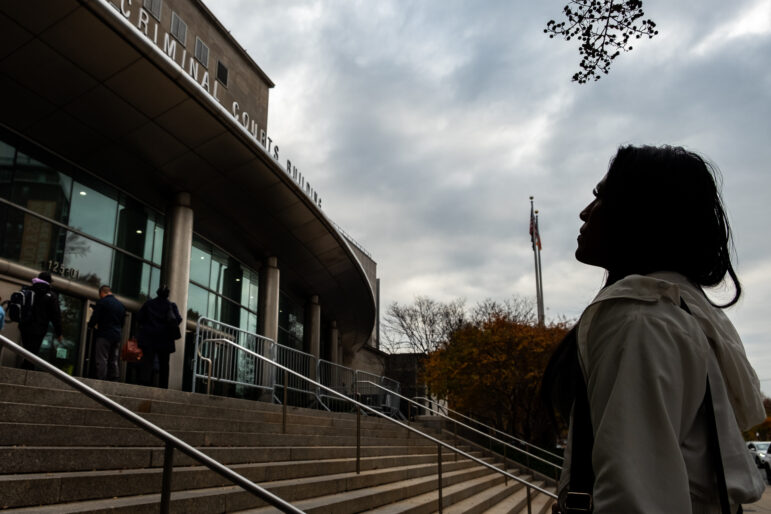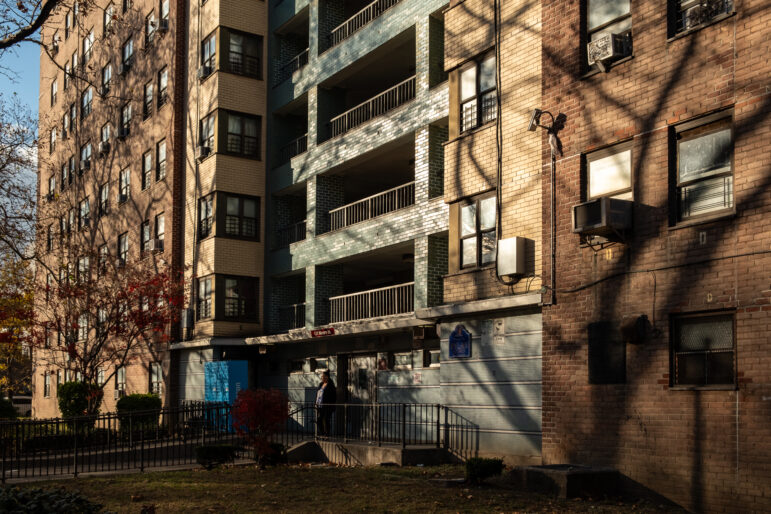The state’s top judge pledged “top to bottom reforms” of the city’s chaotic Housing Courts last week, but the overhaul won’t address one of the system’s basic problems–the 90 percent of tenants who can’t afford lawyers to represent them.
On Tuesday, Court of Appeals Chief Judge Judith Kaye unveiled a series of reforms that will change the structure and procedures of the landlord-tenant courts, which handle more than 300,000 cases every year. The main innovation is the elimination of the court’s general session, where landlords and tenants assemble to await judge assignments. Beginning in late October, the court will institute an “expedited case initiation system” that will directly assign litigants to special divisions of the court, including a new co-op and condo section, a new section to deal with the requirement that some tenants deposit rent in escrow before their case can be heard, and a case resolution section that will intensify efforts to settle cases before trial.
“We have literally taken apart the court, dismantled it and put it back together,” said Jonathan Lippman, chief administrative judge of the state court system, speaking at Manhattan Housing Court. As part of the makeover, Lippman also touted the hiring of five new Housing Court judges and the impending opening of two new courthouses in Queens and the Bronx.
Tenant advocates were unimpressed. “The bottom line is that this plan doesn’t address the fact that the overwhelming majority of tenants go against landlords who have lawyers, even though they don’t have representation themselves,” said Steve Banks of Legal Aid’s Homeless Family Rights Unit. “There can’t be reform until you address that issue.”
Some elements of the overhaul include:
— Expanding court clerks’ hours and holding pilot night hours in Queens and Staten Island Housing Courts.
— Adding educational resource centers, a telephone hotline and plain-English plea forms for litigants.
— Coordinating state and city housing databases to give judges access to code violations and other information.
— Creating a new position of “resource assistant” to aide judges in investigating facts on cases.








